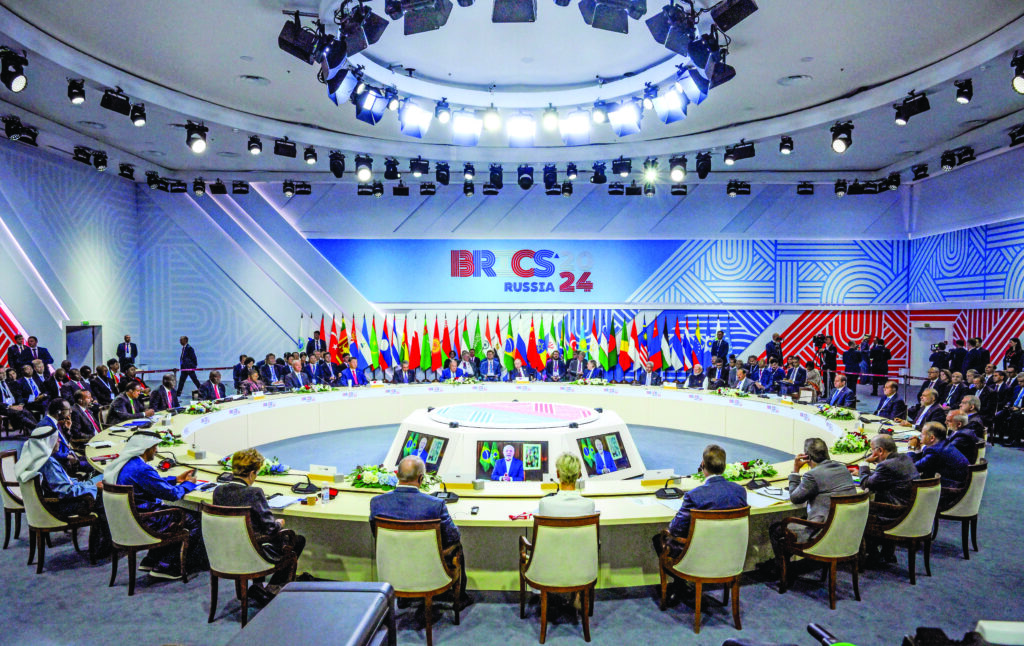

In recent years, the economic landscape has shifted dramatically, with growth economies increasingly catching up to legacy economies. According to Pranjal Sharma in The Sunday Guardian, growth economies, particularly in regions like Asia and Africa, are overcoming their colonized pasts and are now experiencing growth rates between 5-7%, compared to the 1-4% growth seen in legacy economies, primarily in North America and Western Europe [92370e0e]. This shift has highlighted a previously lopsided relationship where legacy economies preferred growth economies primarily as consumers, but recent trends indicate a retreat from globalization by these legacy economies [92370e0e].
In a notable development, southern European economies, previously labeled 'PIGS' (Portugal, Italy, Greece, Spain), are experiencing significant growth. Spain's GDP growth has reached 3%, outpacing the eurozone average of 0.8% and even the U.S. [c7512cc6]. This resurgence is attributed to reforms implemented during the 2009-2014 crisis and substantial EU funding, which have bolstered economic resilience [c7512cc6]. Spain's competitive advantage is further enhanced by industrial electricity costs that are 40% below EU averages, attracting major investments such as Amazon's €16 billion data center [c7512cc6].
However, this growth has not come without challenges. Concerns have emerged as 1.35 million of the 1.74 million jobs created since 2019 went to foreign workers, leading to feelings of exclusion among local populations [c7512cc6]. Portugal is also showing strong growth, with a projected 2% increase in 2025, highlighting the need for an influx of 50,000 to 138,000 immigrants annually to sustain its economy [c7512cc6]. Italy is praised for its fiscal plans, contrasting with northern states like Germany, as Czech Prime Minister Petr Fiala notes that it will take eight years for Czech wages to match those of Germany, while Poland has already surpassed the Czech Republic economically [c7512cc6].
Meanwhile, the European Union's recent decision to raise tariffs on Chinese electric vehicles has sparked a World Trade Organization (WTO) case initiated by China, illustrating the growing tensions in international trade dynamics [92370e0e]. The BRICS coalition has expanded to include new members such as Egypt and Saudi Arabia, aiming to foster non-exploitative economic linkages and challenge the dominance of legacy economies [92370e0e].
As these growth economies continue to develop, they are positioned to challenge legacy economies with their large populations and rising manufacturing capabilities. This evolution is further complicated by potential political shifts, such as the possible return of Donald Trump to power, which could deepen divides among legacy economies [92370e0e].
The increasing competition from growth economies emphasizes the need for legacy economies to rethink their strategies and embrace a more collaborative approach to international trade and investment. As the global economic landscape continues to evolve, the balance of power may shift further, making it imperative for legacy economies to adapt or risk being left behind [92370e0e].